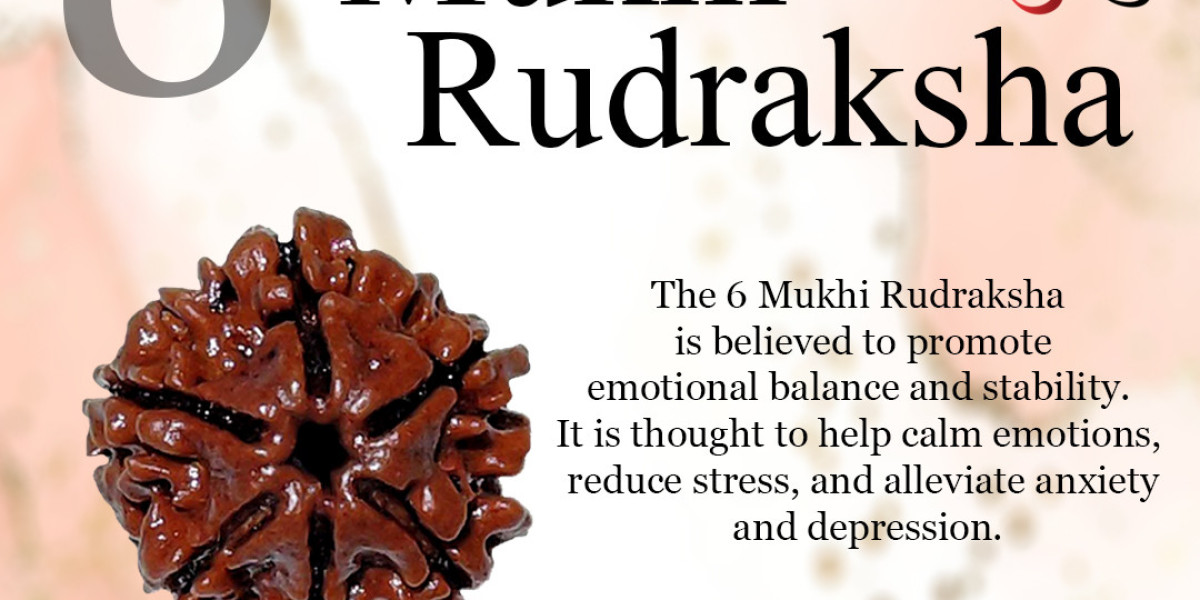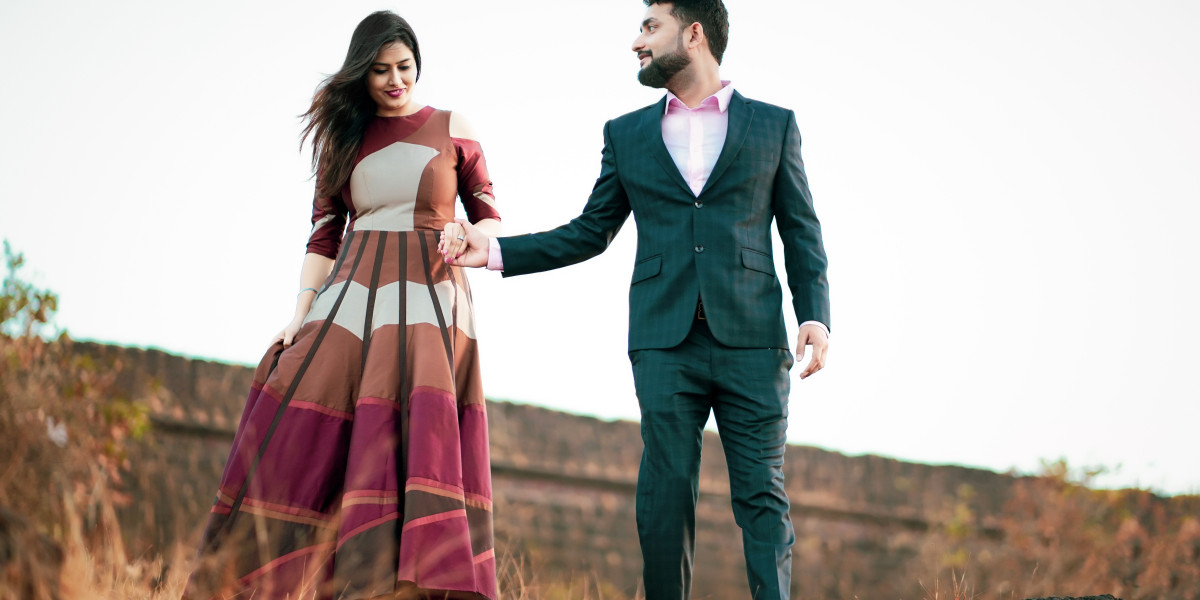Introduction
Changing your hair color can be a thrilling and transformative experience. Whether you're looking to make a bold statement, enhance your natural features, or simply try something new, selecting the right hair color is crucial. With an abundance of options available, choosing the perfect shade can be a daunting task. This article aims to guide you through the process of selecting a hair color that complements your skin tone, eye color, and personal style, helping you achieve a stunning and harmonious look.
Understanding Your Skin Tone
When it comes to choosing a hair color, your skin tone plays a vital role. There are generally three main categories of skin tones: warm, cool, and neutral. Identifying your skin tone is an essential first step in finding the most flattering hair color for you.
Warm Skin Tones: If your skin has golden undertones, you likely have a warm skin tone. People with warm complexions often have peachy or golden undertones, and their veins appear more greenish. Warm skin tones are complemented by hair colors such as rich browns, golden blondes, coppery reds, and honey highlights.
Cool Skin Tones: Individuals with cool skin tones have pink or bluish undertones. Veins on the inside of their wrists often appear bluish. Cool skin tones are best enhanced by hair colors like ash blondes, cool browns, platinum blondes, and vibrant reds with blue undertones.
Neutral Skin Tones: If you have difficulty determining whether your skin tone is warm or cool, you may have a neutral skin tone. People with neutral skin tones have a balance of warm and cool undertones, allowing them to pull off a wide range of hair colors. Neutral skin tones can experiment with warm and cool shades, such as caramel browns, golden blondes, or even jewel-toned hair colors.
Consider Your Eye Color
Another factor to consider when choosing a hair color is your eye color. What Color should I dye my hair? Harmonizing your hair color with your eyes can create a striking and captivating appearance.
Blue Eyes: For those with blue eyes, shades that contrast with your eye color tend to work best. Rich chocolate browns, warm coppers, and deep reds can create a stunning contrast, making your eyes pop.
Green or Hazel Eyes: Individuals with green or hazel eyes can experiment with a wide range of colors. Cool blondes, auburns, and warm browns can accentuate the flecks of color in your eyes, enhancing their natural beauty.
Brown Eyes: Brown-eyed individuals have the most versatility when it comes to hair color. Almost any shade can complement brown eyes, but deep, rich colors such as dark browns, warm chocolates, and vibrant reds can create a captivating look.
Personal Style and Personality
While skin tone and eye color are essential considerations, your personal style and personality should also influence your hair color choice. Your hair is an extension of your identity, and selecting a color that aligns with your style can boost your confidence and reflect your individuality.
Conservative and Professional: If you work in a professional setting or prefer a more conservative style, natural-looking hair colors such as medium browns, subtle highlights, or soft caramel hues can be a suitable choice.
Bold and Edgy: For those who enjoy pushing boundaries and making a statement, vibrant and unconventional colors like pastel shades, vivid blues, or striking purples can reflect your personality and showcase your creativity.
Classic and Timeless: If you prefer a timeless and elegant look, consider opting for hair colors like rich chestnut browns, honey blondes, or warm shades of red. These classic colors exude sophistication and never go out of style.








